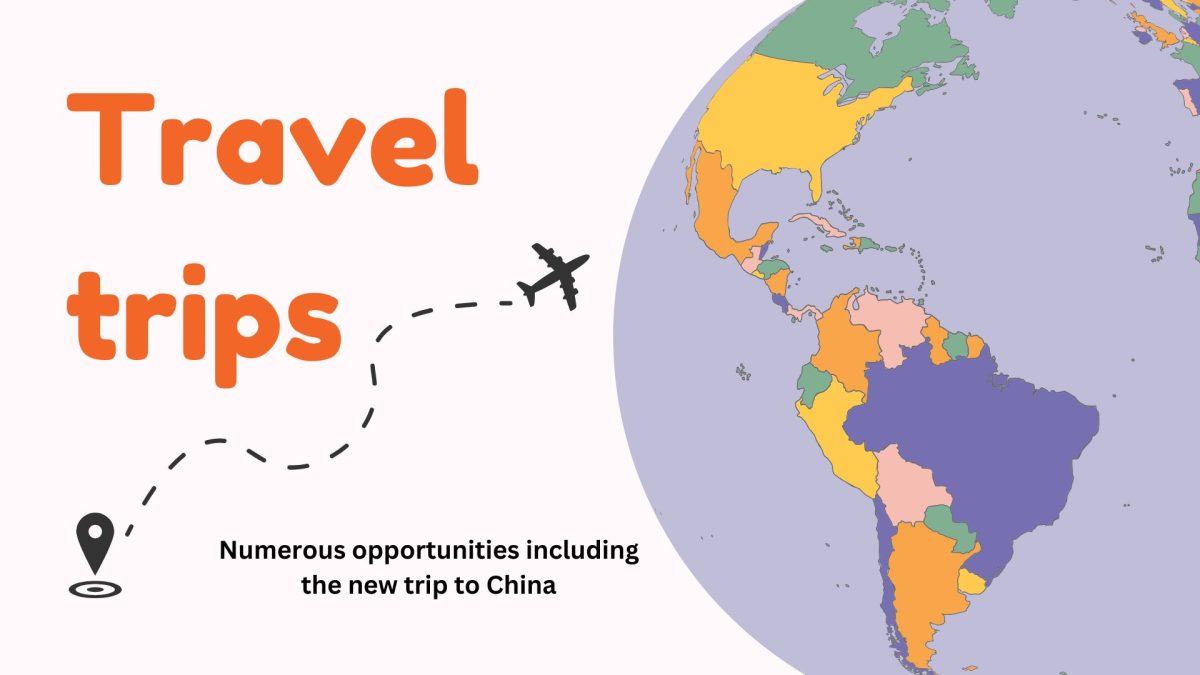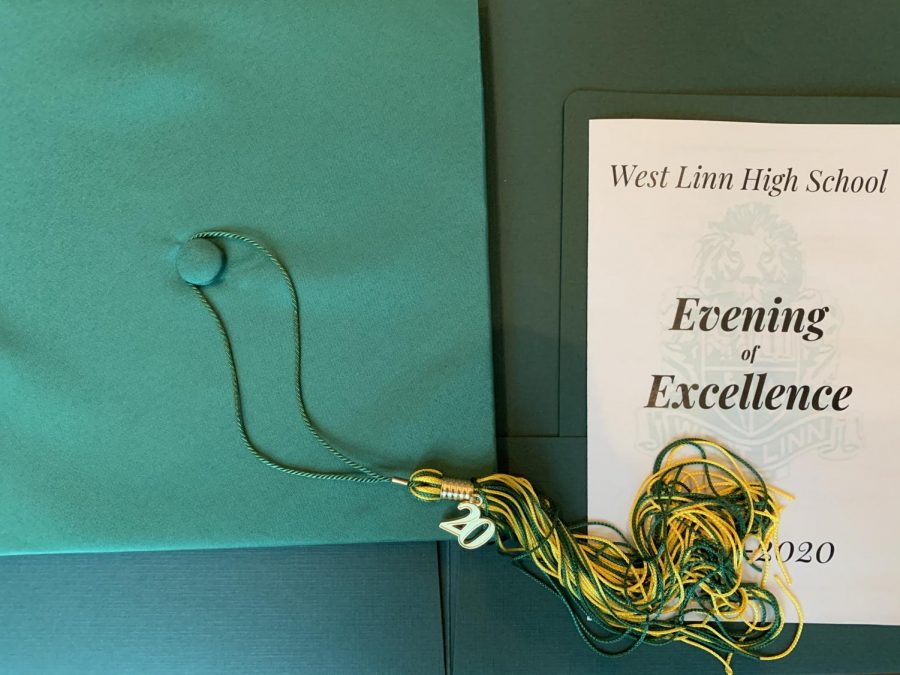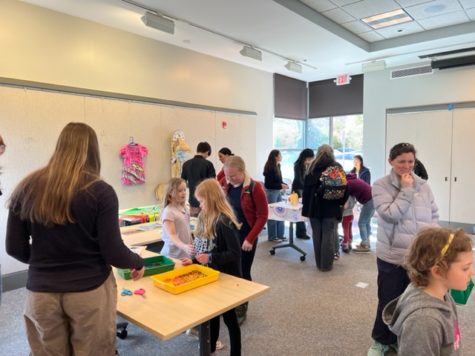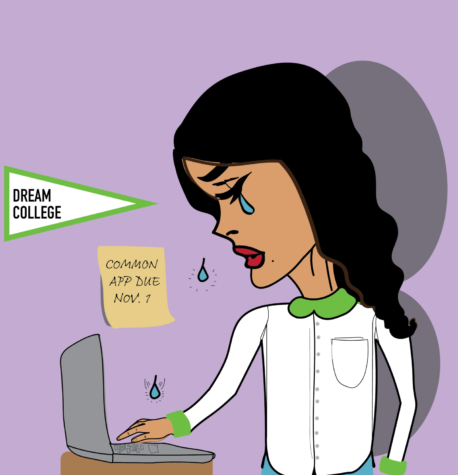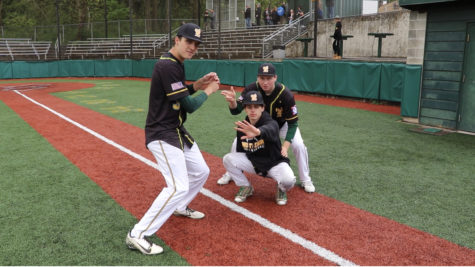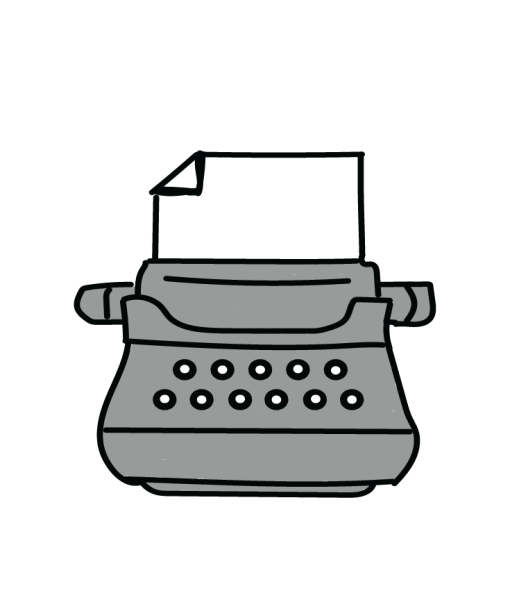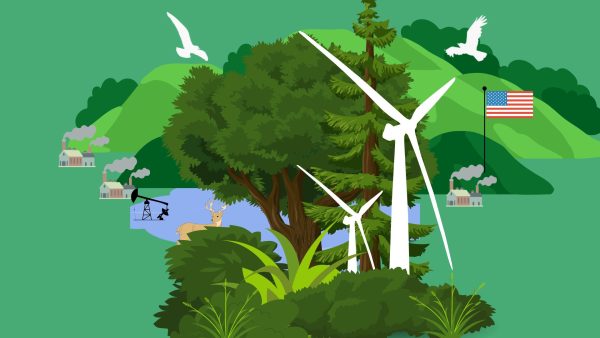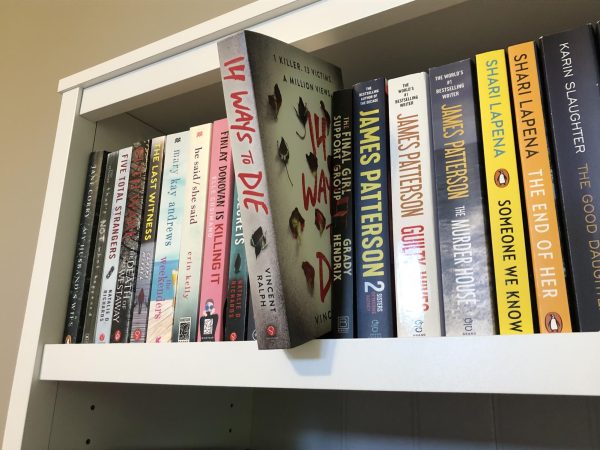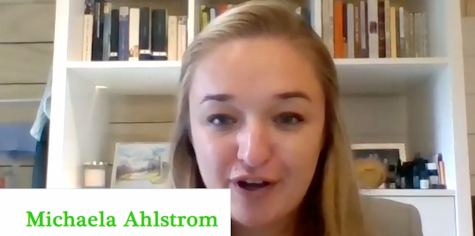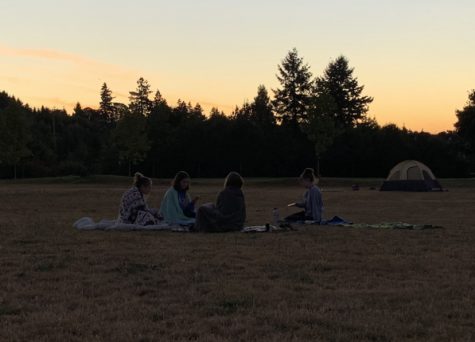An open letter to the class of 2020
To fellow members of the class of 2020,
Graduating is a big deal. No matter what our graduation looks like, when it takes place or who is there, it is a major accomplishment that everyone who walks across the stage has earned and should be extremely proud of. We have all put more than a decade’s worth of work into this very moment, and even though it might not be exactly how we expected it to be, it is our moment. It’s a moment that we are very, very lucky to have.
It’s a moment that was considerably easier for me to get to than some of my peers.
Some of my peers had to face extreme racism, both overt and covert. I never did. Some of my peers had to worry about walking down a hallway or a street alone. I never did. Some of my peers worried about being misgendered every time there was a substitute teacher. I never did.
For the longest time I didn’t want to acknowledge that parts of school were easier for me because of my skin color, or my gender, or my perceived sexuality. It can be hard to accept that the opportunities given to you during your life are there at the hands of years of oppression and suffering, but it is absolutely necessary in order to create change.
Simply acknowledging that privilege exists is not enough, you have to be aware of how it has helped you in your life. Let the 20 seconds it takes to walk across the stage be completely yours, be proud of everything you have done. But before– and especially after– acknowledge that many of us have a privilege that made that journey much easier, and use it post high school to support people who didn’t.
For those of us fortunate enough to receive gifts for graduation, use a portion of that graduation money you got to donate to charities, use that new car you got to carry supplies to people in need, go to college to learn how to make structural change. And keep in mind that it is not the responsibility of less privileged people to change the role that privilege plays in society. It’s our responsibility. But how can something be fixed when the people with the tools don’t acknowledge that something is broken?
Your donation will support the student journalists of West Linn High School. Your contribution will allow us to continue to produce quality content by purchasing equipment, software, and continuing to host our website on School Newspapers Online (SNO).

If you were to walk into the performing arts building, hang a left past the bathrooms into the band room, and then make your way to the practice room hallway,...


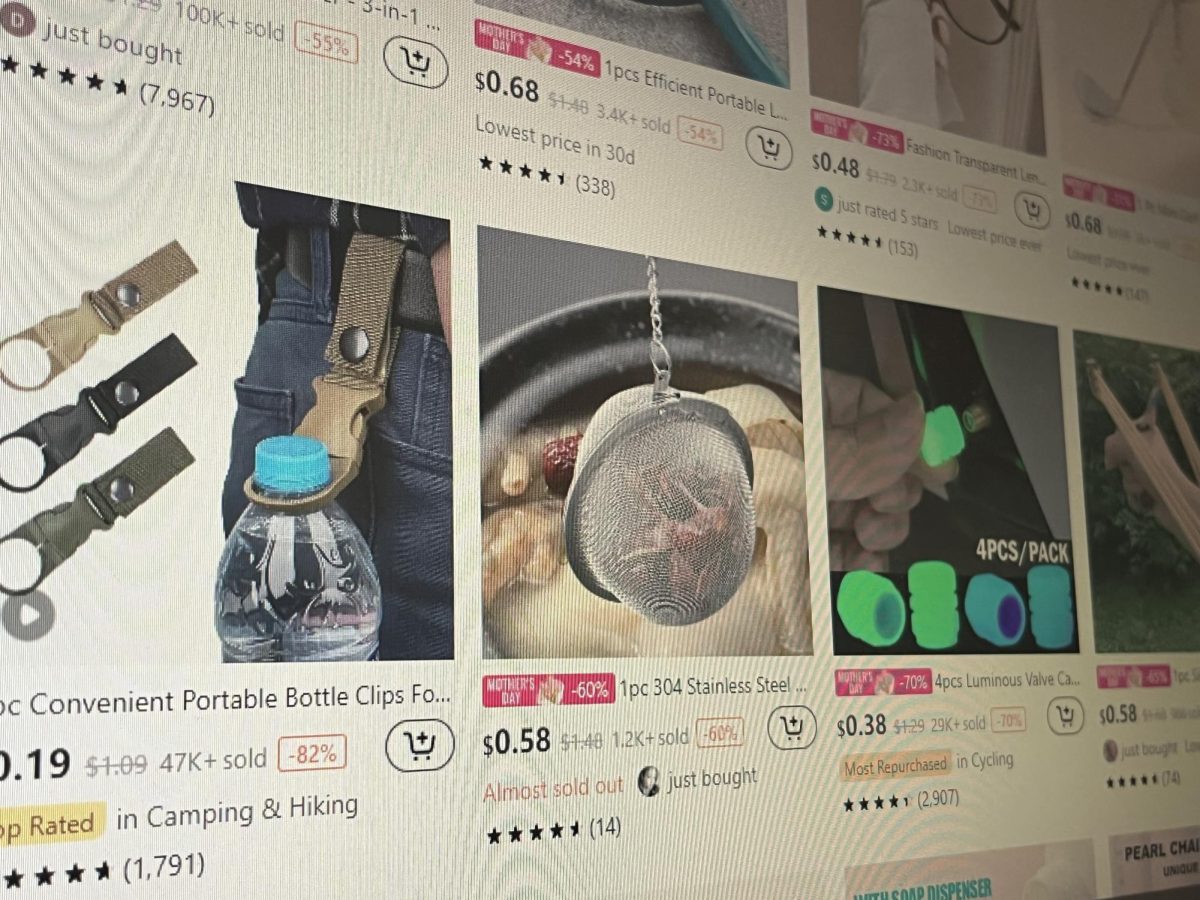























![Game, set, and match. Corbin Atchley, sophomore, high fives Sanam Sidhu, freshman, after a rally with other club members. “I just joined [the club],” Sidhu said. “[I heard about it] on Instagram, they always post about it, I’ve been wanting to come. My parents used to play [net sports] too and they taught us, and then I learned from my brother.”](https://wlhsnow.com/wp-content/uploads/2024/03/MG_7715-2-1200x800.jpg)





![The teams prepare to start another play with just a few minutes left in the first half. The Lions were in the lead at halftime with a score of 27-0. At half time, the team went back to the locker rooms. “[We ate] orange slices,” Malos said. “[Then] our team came out and got the win.”](https://wlhsnow.com/wp-content/uploads/2023/10/IMG_2385-1200x800.jpg)





![At the bottom of the third inning, the Lions are still scoreless. Rowe stands at home plate, preparing to bat, while Vandenbrink stands off to the side as the next batter up. Despite having the bases loaded, the team was unable to score any runs. “It’s just the beginning of the season. We’re just going to be playing out best by June, [and] that’s where champions are,” Rowe said.](https://wlhsnow.com/wp-content/uploads/2024/03/IMG_3077-1200x900.jpg)







